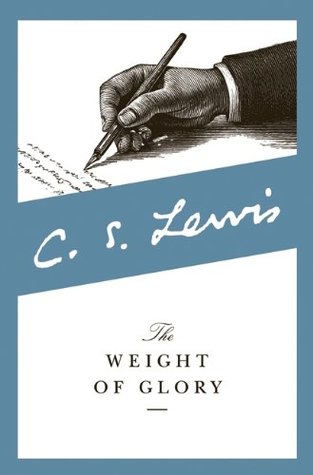More on this book
Community
Kindle Notes & Highlights
I reject at once an idea which lingers in the mind of some modern people that cultural activities are in their own right spiritual and meritorious—as though scholars and poets were intrinsically more pleasing to God than scavengers and bootblacks.
The work of a Beethoven and the work of a charwoman become spiritual on precisely the same condition, that of being offered to God, of being done humbly “as to the Lord.” This does not, of course, mean that it is for anyone a mere toss-up whether he should sweep rooms or compose symphonies. A mole must dig to the glory of God and a cock must crow. We are members of one body, but differentiated members, each with his own vocation.
By leading that life to the glory of God I do not, of course, mean any attempt to make our intellectual inquiries work out to edifying conclusions. That would be, as Bacon says, to offer to the author of truth the unclean sacrifice of a lie. I mean the pursuit of knowledge and beauty, in a sense, for their own sake, but in a sense which does not exclude their being for God’s sake. An appetite for these things exists in the human mind, and God makes no appetite in vain. We can therefore pursue knowledge as such, and beauty as such, in the sure confidence that by so doing we are either advancing
...more
Humility, no less than the appetite, encourages us to concentrate simply on the knowledge or the beauty, not too much concerning ourselves with their ultimate relevance to the vision of God. That relevance may not be intended for us but for our betters—for men who come after and find the spiritual significance of what we dug out in blind and humble obedience to our vocation. This is the teleological argument that the existence of the impulse and the faculty prove that they must have a proper function in God’s scheme—the argument by which Thomas Aquinas proves that sexuality would have existed
...more
If all the world were Christian, it might not matter if all the world were uneducated. But, as it is, a cultural life will exist outside the Church whether it exists inside or not. To be ignorant and simple now—not to be able to meet the enemies on their own ground—would be to throw down our weapons, and to betray our uneducated brethren who have, under God, no defence but us against the intellectual attacks of the heathen. Good philosophy must exist, if for no other reason, because bad philosophy needs to be answered.
Rose liked this
The learned life then is, for some, a duty. At the moment it looks as if it were your duty.
It weeds out the vain, windy people and keeps in those who are both humble and tough.
But the peculiar difficulty imposed on you by the war is another matter, and of it I would again repeat what I have been saying in one form or another ever since I started—do not let your nerves and emotions lead you into thinking your predicament more abnormal than it really is.
The first enemy is excitement—the tendency to think and feel about the war when we had intended to think about our work. The best defence is a recognition that in this, as in everything else, the war has not really raised up a new enemy but only aggravated an old one. There are always plenty of rivals to our work. We are always falling in love or quarrelling, looking for jobs or fearing to lose them, getting ill and recovering, following public affairs. If we let ourselves, we shall always be waiting for some distraction or other to end before we can really get down to our work. The only
...more
The second enemy is frustration—the feeling that we shall not have time to finish. If I say to you that no one has time to finish, that the longest human life leaves a man, in any branch of learning, a beginner, I shall seem to you to be saying something quite academic and theoretical. You would be surprised if you knew how soon one begins to feel the shortness of the tether, of how many things, even in middle life, we have to say “No time for that,” “Too late now,” and “Not for me.” But Nature herself forbids you to share that experience. A more Christian attitude, which can be attained at
...more
The third enemy is fear. War threatens us with death and pain. No man—and specially no Christian who remembers Gethsemane—need try to attain a stoic indifference about these things, but we can guard against the illusions of the imagination. We think of the streets of Warsaw and contrast the deaths there suffered with an abstraction called Life. But there is no question of death or life for any of us, only a question of this death or of that—of a machine gun bullet now or a cancer forty years later. What does war do to death? It certainly does not make it more frequent; 100 percent of us die,
...more
This highlight has been truncated due to consecutive passage length restrictions.
Rose liked this


